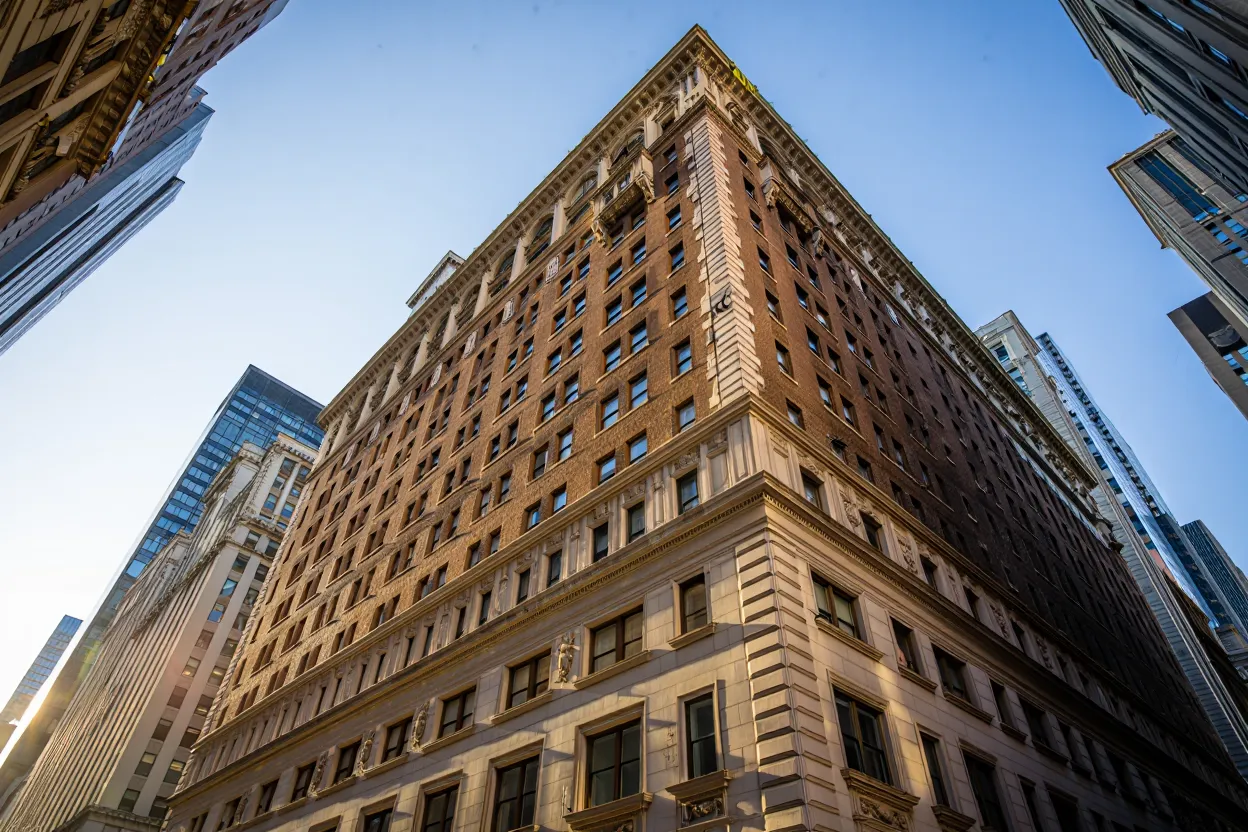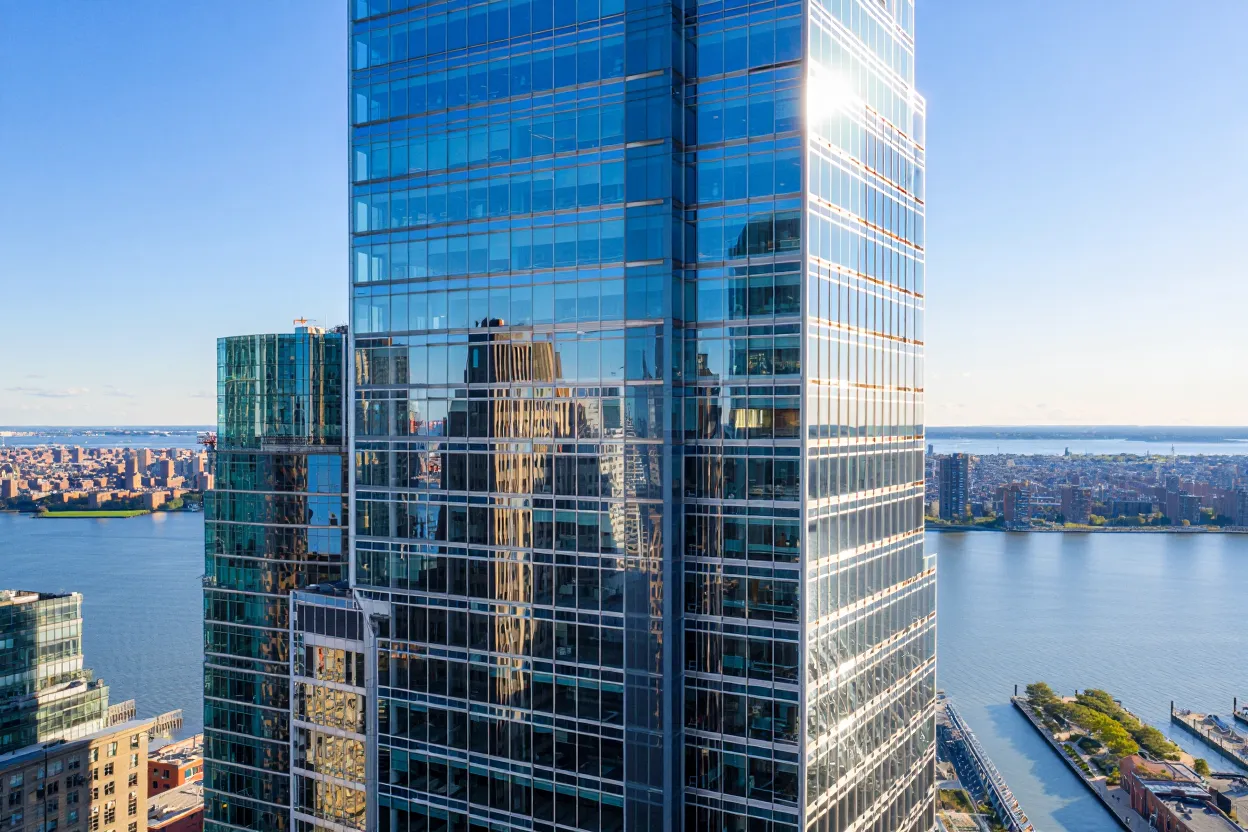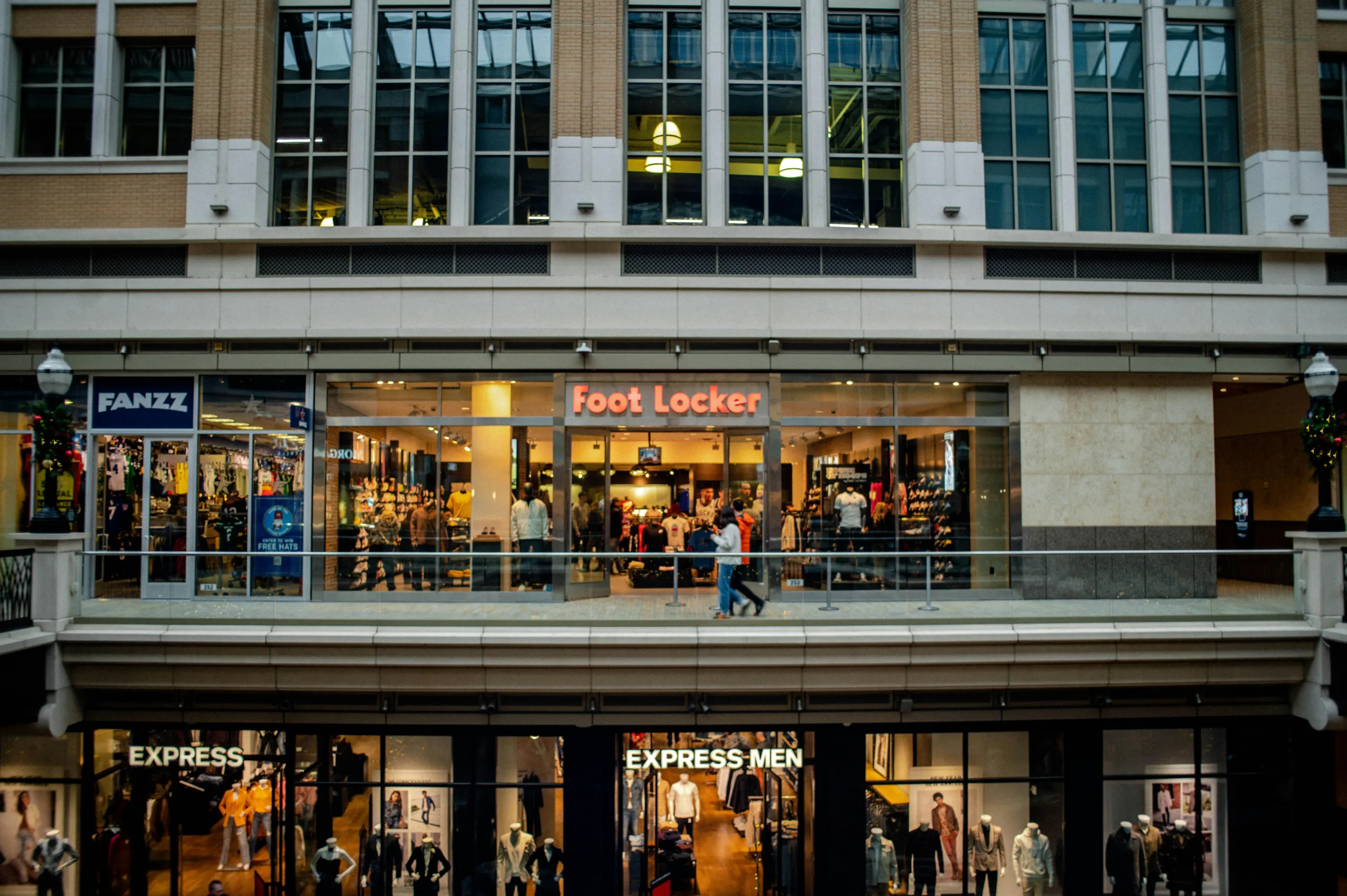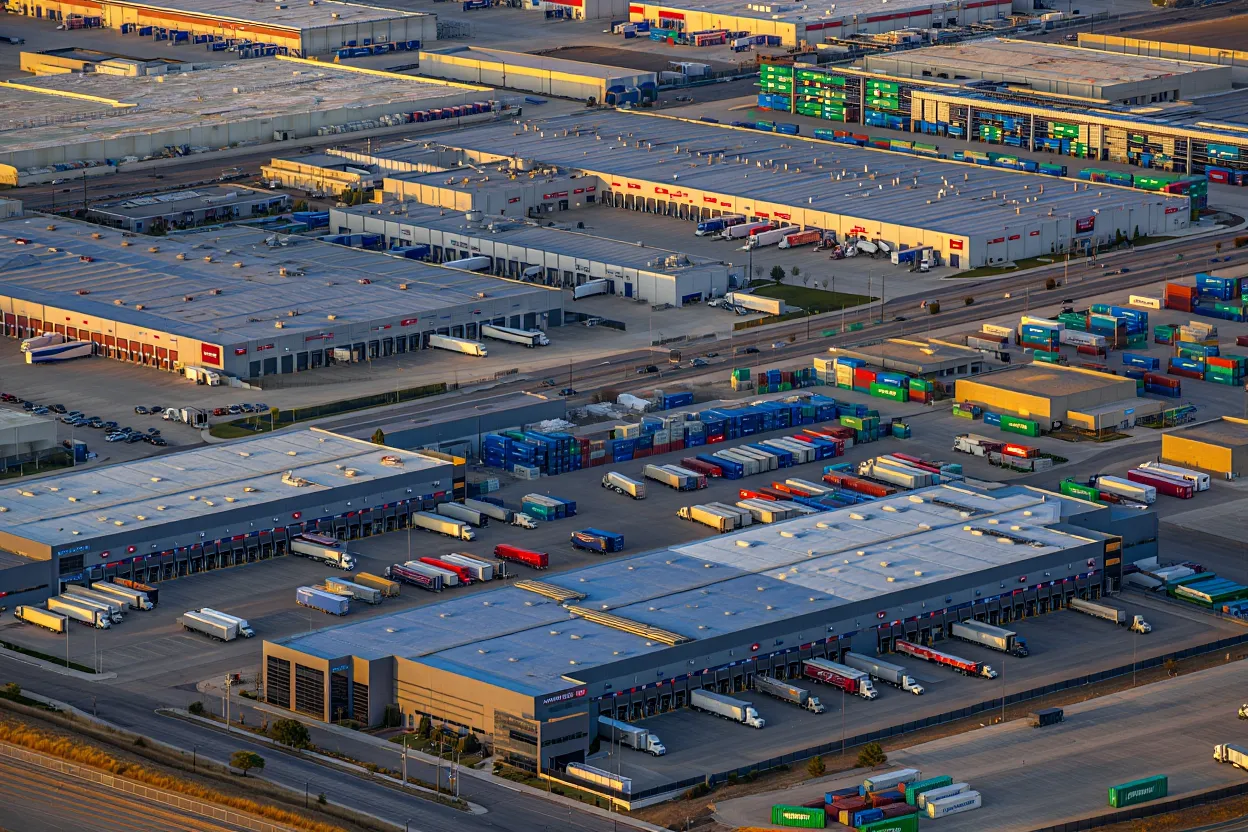- Data center expansion is surging in Atlanta, with power capacity increasing by 76% in the first half of 2024 compared to the previous year, driven by AI and cloud computing demands.
- City leaders and residents are raising alarms over the impact on housing, retail development, and resource allocation, leading to restrictions on data centers near key urban areas.rn
- The debate reflects broader national trends as cities and states grapple with balancing tech-driven growth with community needs like housing and infrastructure.
Atlanta’s booming data center industry, driven by AI and cloud computing, is facing growing resistance from city leaders and residents. Concerns over housing shortages and land use have prompted new restrictions on where these massive facilities can be built, according to the WSJ. This has sparked a debate over balancing tech growth with community needs.
A City at a Crossroads
Atlanta’s Adair Park neighborhood, located near the popular Beltline trail, has seen a mix of residential, retail, and industrial redevelopment. However, the booming demand for data centers threatens to overshadow these urban revitalization efforts. Major tech firms like Meta (META), Google (GOOG), Microsoft (MSFT), and X (formerly Twitter) are drawn to Atlanta’s inexpensive power, state tax incentives, and fiber-optic infrastructure.
According to Green Street data, with Atlanta leading data center growth in the US, its metro area is set to reach a data load of over 4,000 megawatts by 2028—30 times higher than in 2012.
The Pushback
In September 2024, Atlanta’s city council banned new data centers near transit hubs and the Beltline, citing a need to prioritize housing, retail, and public spaces. Mayor Andre Dickens emphasized in a letter that people-centered development should take precedence over large-scale tech facilities.
Urban advocates agree. Matthew Garbett of the Adair Park Neighborhood Association highlighted successful projects, such as redeveloping a school into affordable housing and a factory into a mixed-use complex, suggesting that such community-focused land uses better serve the city’s long-term needs.
Get Smarter about what matters in CRE
Stay ahead of trends in commercial real estate with CRE Daily – the free newsletter delivering everything you need to start your day in just 5-minutes
National Trends
Nationally, the data centers have flourished, even as higher interest rates dampened enthusiasm for nearly every other type of real estate. According to Green Street, total data center inventory grew by an average of 43% annually in 2023 and 2024, far outpacing the less than 3% annual growth seen in multifamily buildings, hotels, self-storage, and other property types during the same period.
Future Challenges and Opportunities
The tensions in Atlanta mirror debates in other tech hubs. Northern Virginia’s Fairfax County recently banned data centers within a mile of rail stations. Data centers require vast resources, including land, power, and cooling, often leading to conflicts with housing and industrial developments.
While some lawmakers argue that data centers bring limited permanent jobs and strain utilities, others see their tax revenue and revitalization of underused office spaces as valuable. Georgia Power, the state’s largest utility, reported unprecedented power demands from data centers and plans to address future capacity issues in an upcoming report.
What’s Next:
The pressure to expand data center capacity will intensify as AI advances from training models to real-time inference. The question remains: can cities like Atlanta find a balance that supports tech growth without compromising livability?
Expect more cities to consider zoning and tax policies to balance the competing demands of the AI-driven tech boom with critical housing and community development priorities.
















